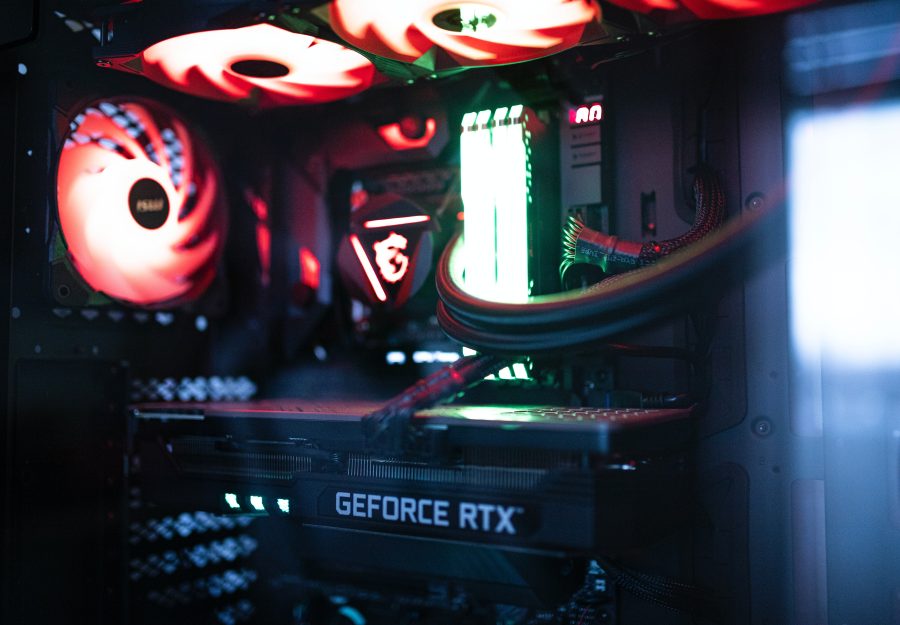Nvidia is currently in talks with the US Government about the conditions in which it could sell semiconductor chips to China, reports Reuters.
The US Department of Commerce has made it clear that it would oppose Nvidia exporting its top-of-the-line artificial intelligence (AI) chips. Speaking with Reuters, US Commerce Secretary Gina Raimondo said “What we cannot allow them to ship is the most sophisticated, highest-processing power AI chips, which would enable China to train their frontier models.”
However, Raimondo acknowledged that selling chips intended for commercial purposes would be acceptable and that most of Nvidia’s AI chips are commercial.
After speaking with Nvidia CEO Jensen Huang last week, Raimondo was satisfied that the company intended to comply with regulations set out by the government, mentioning that Huang said: “We don’t want to break the rules. Tell us the rules, we’ll work with you.” Raimondo continued, stating that the department is working closely with Nvidia. “They want to do the right thing. Obviously, they want to sell as many chips as possible.”
Nvidia walks legal tightrope in bid to sell to China
Speaking at a forum in California last week, Raimondo noted her focus on companies who deliberately attempt to skirt around lines drawn by the Commerce Department. “That’s not productive,” Raimondo said. “I am telling you if you redesign a chip around a particular cutline that enables them to do AI, I am going to control it the very next day.”
Nvidia suffered from setbacks earlier this year when exports of its new chips designed for the Chinese market were halted due to export regulations. Despite this, the chipmaker’s growth has remained exceptional, and it has dominated the stock market as demand for sophisticated semiconductor chips skyrockets.
With the government already keeping a close eye on Nvidia’s products and export plans, assertions from the company that they are working closely with the government to ensure they comply with regulations make sense. It would be damaging for a second launch to be delayed for the same reason and would leave a large space in the market for Chinese competitors to step in.
Featured image: Caspar Camille Rubin on Unsplash


















